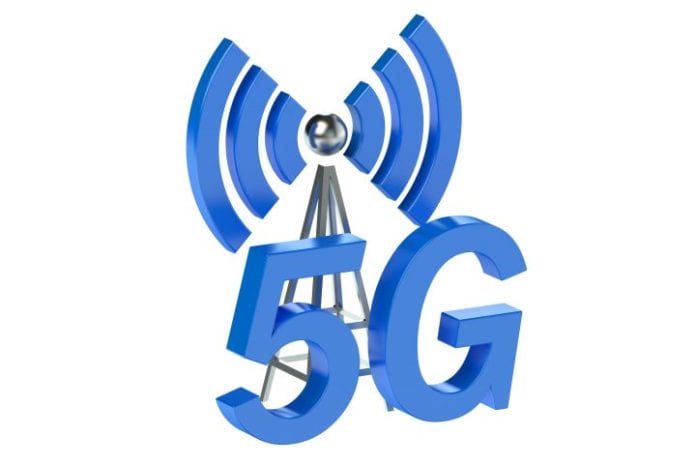The FCC opened up its experimental licensing system, which is expected to benefit entities looking to further 5G technology research.
With a move towards pushing ongoing development of “5G” technologies, the Federal Communications Commission said its experimental licensing system was now accepting applications for program licenses.
Licenses are available for a set timeframe and a limited coverage area, with “program licenses” available for entities with radio frequency technology experience, like colleges, research laboratories and manufacturers; “compliance licenses” for testing laboratories; and “medical testing licenses” for health care facilities.
The application process includes a 10 to 15 day public notice period in which details on the planned experiments are posted and allows for licensed spectrum users that may be impacted by the experiments to raise any concerns. The previous program included a four to six week processing period.
“Each year, the Office of Engineering and Technology typically grants more than 2,000 experimental licenses,” explained Julius Knapp, chief at the FCC’s Office of Engineering and Technology, in a blog post. “Many of the services and technologies deployed today were first tested under the experimental licensing program. In fact, many experimental licenses are currently supporting work looking towards the introduction of next-generation 5G services.”
The FCC said it worked with NYU Wireless Center in Tandon School of Engineering and the University of Colorado at Boulder in helping to “test, debug and provide feedback on the web-based licensing system,” with NYU Wireless also claiming to be the first applicant to receive an experimental license approval through the system.
“The license will allow the center to do cutting-edge work throughout the spectrum, not just at frequencies critical to 5G, but also far beyond,” said Theodore Rappaport, founding director of NYU Wireless and the David Lee/Ernst Weber Professor of Electrical Engineering at the New York University Tandon School of Engineering, in a statement.
NYU Wireless has been a long-time collaborator on the use of millimeter wave spectrum in support of 5G technology research. The research center last year opened up a channel simulator tool to support work in spectrum bands ranging from 28 GHz to 73 GHz.
The FCC last summer moved on plans to open up nearly 11 gigahertz of spectrum above the 24 GHz band in support of mobile telecom services as part of its Spectrum Frontiers program, with specific resources to include 3.85 gigahertz for licensed use in the 28 GHz, 37 GHz and 39 GHz bands, and seven gigahertz for unlicensed use across the 64 GHz to 71 GHz bands. Current FCC Chairman Ajit Pai last month said the government agency was looking to add more spectrum above the 95 GHz band into the mix.
A number of domestic operators have already begun to trial next-generation services using millimeter wave spectrum.
Bored? Why not follow me on Twitter.

